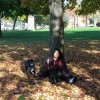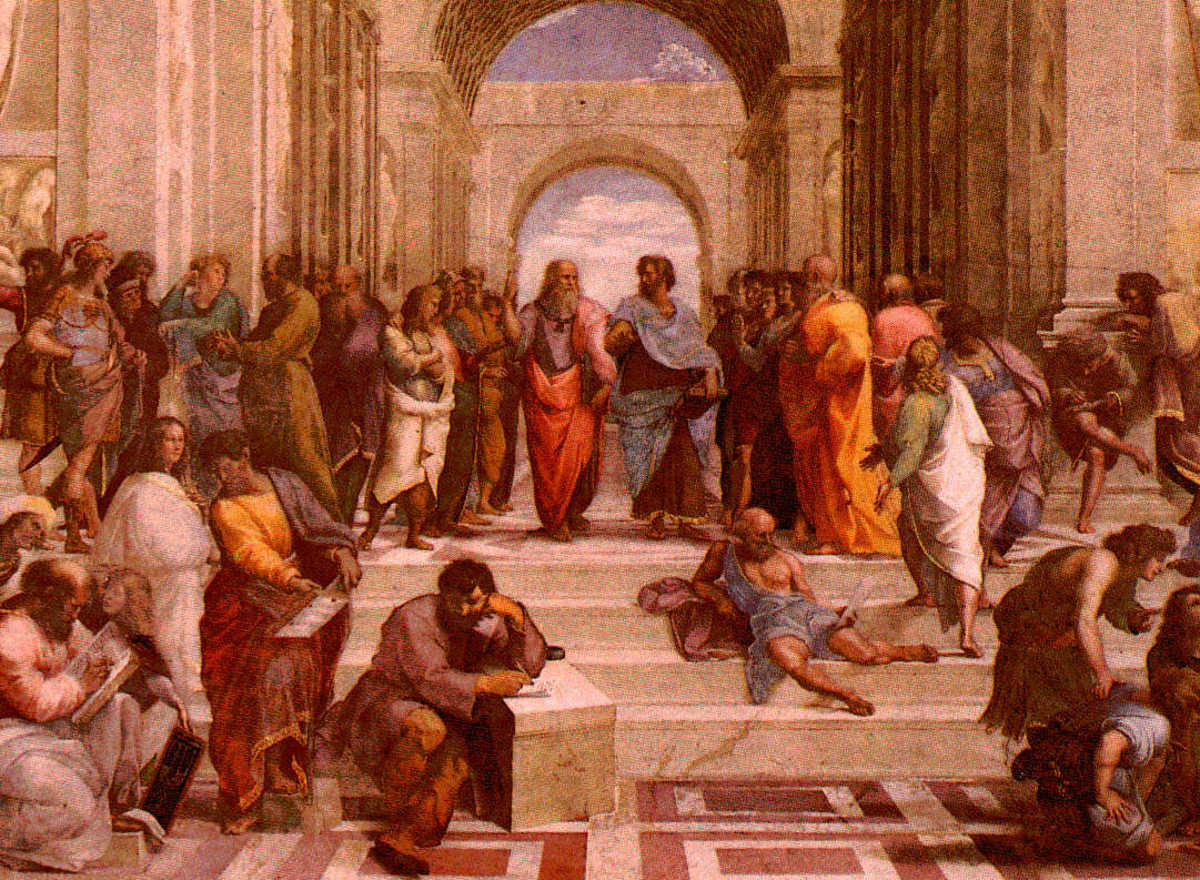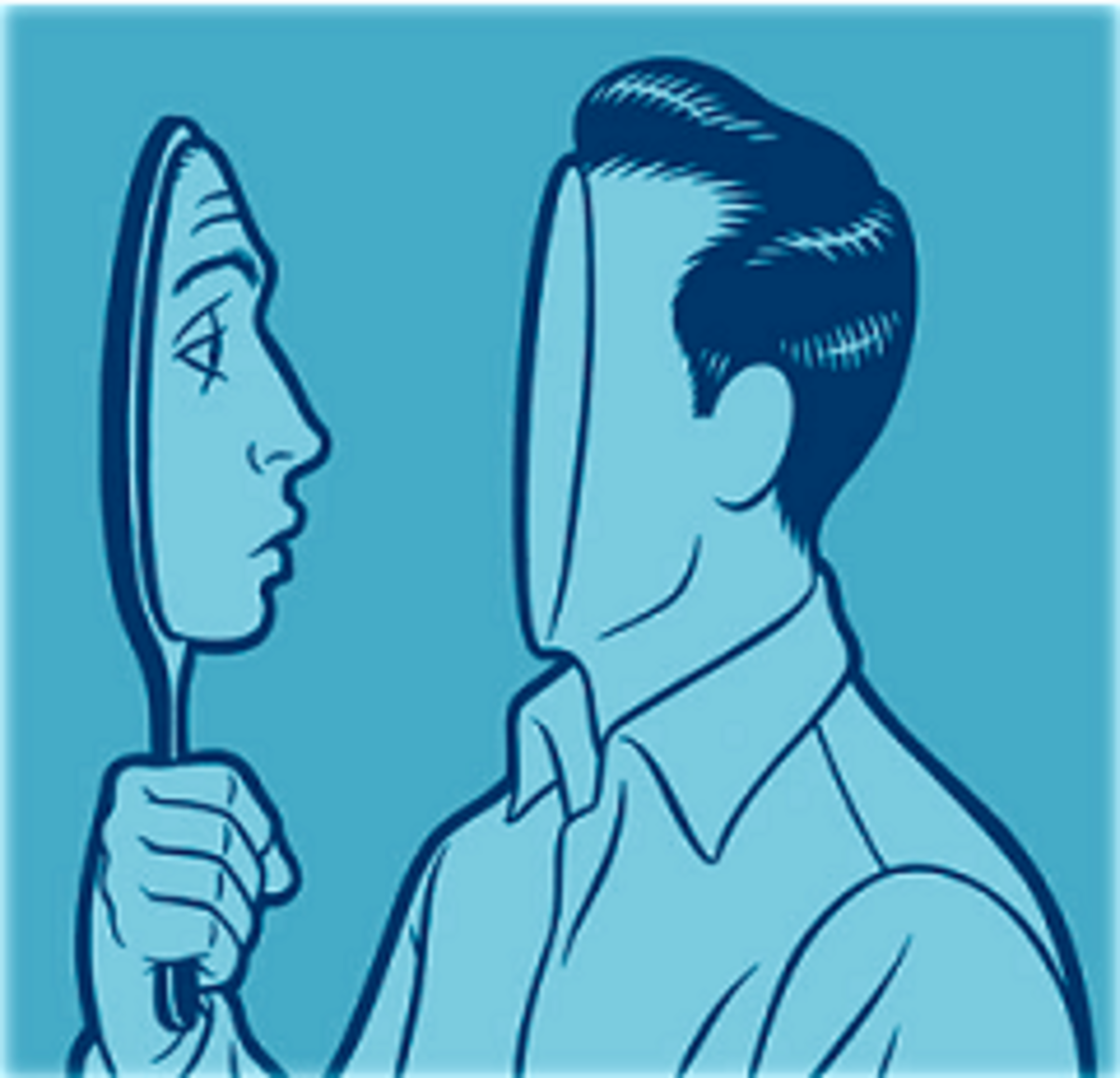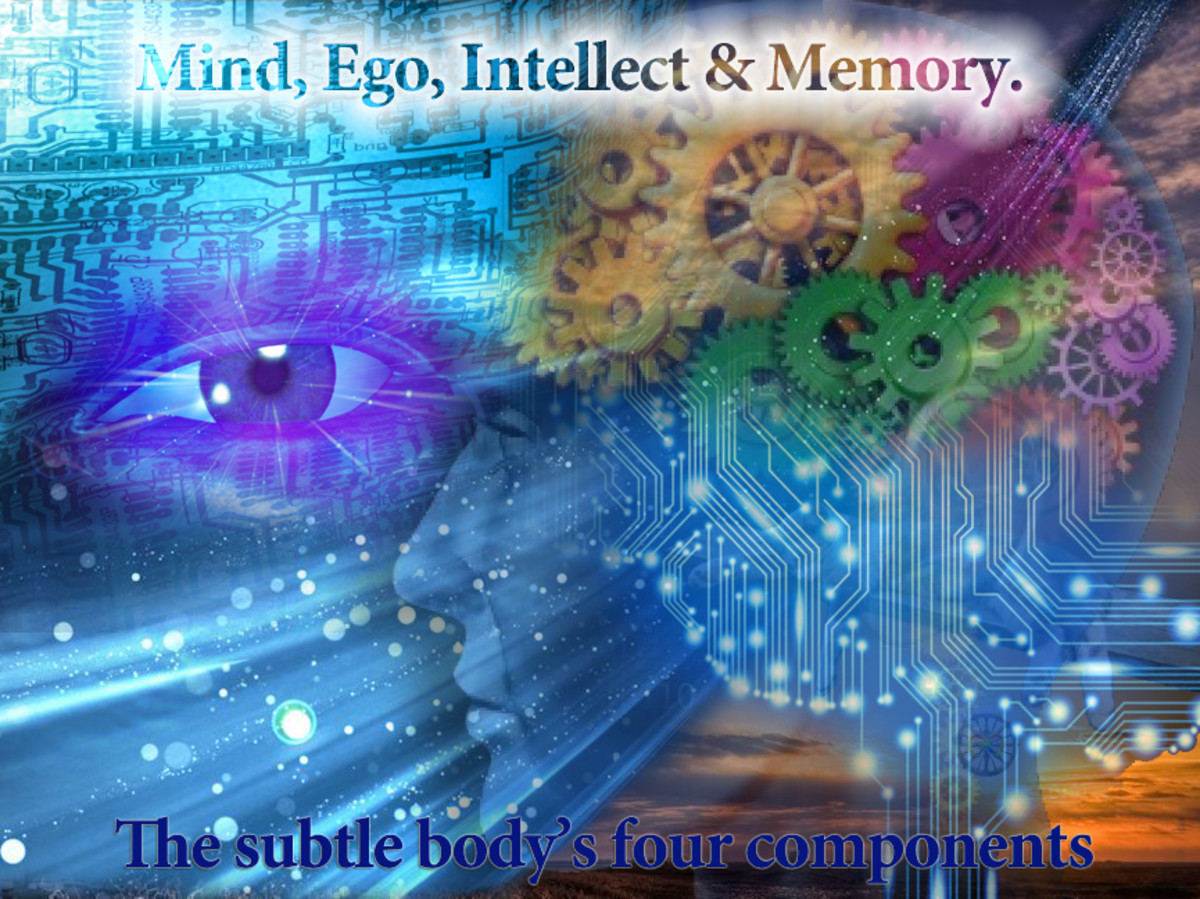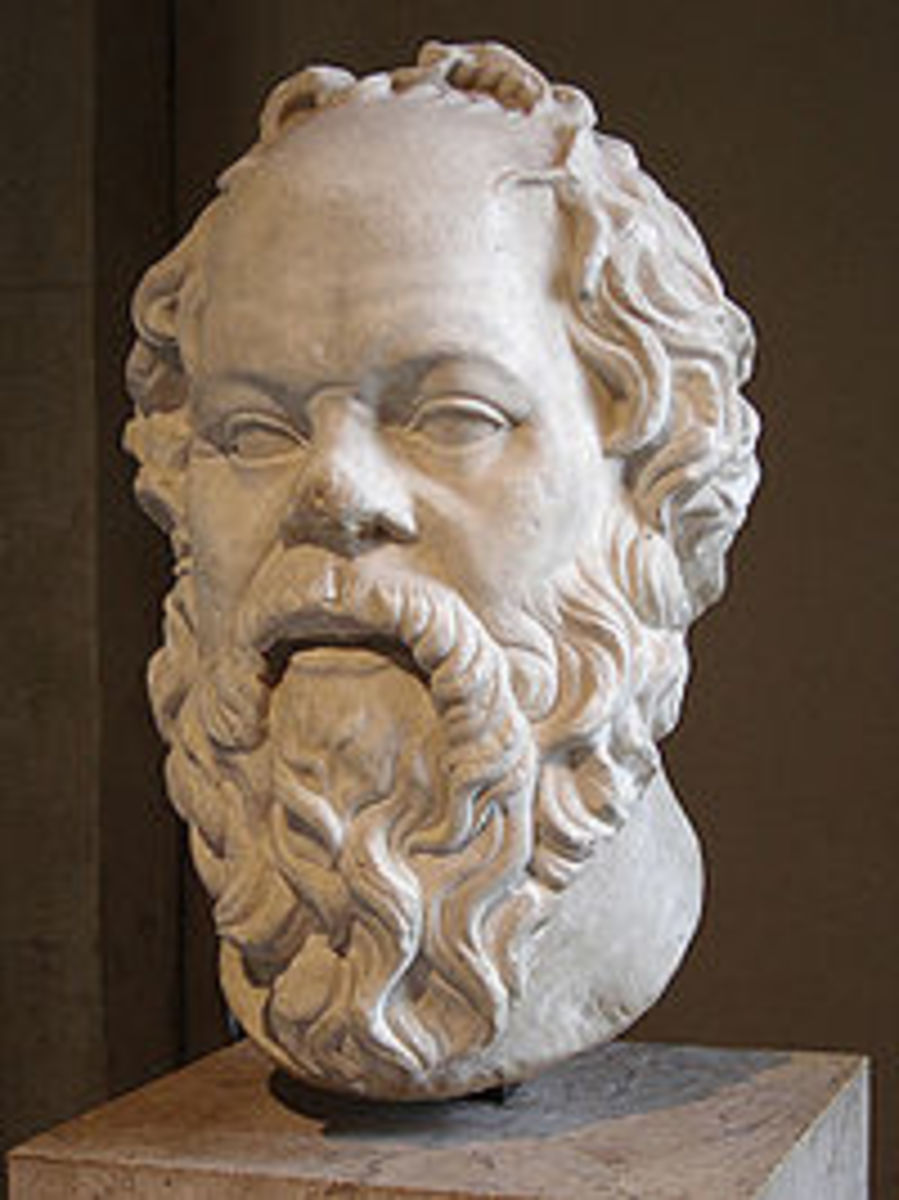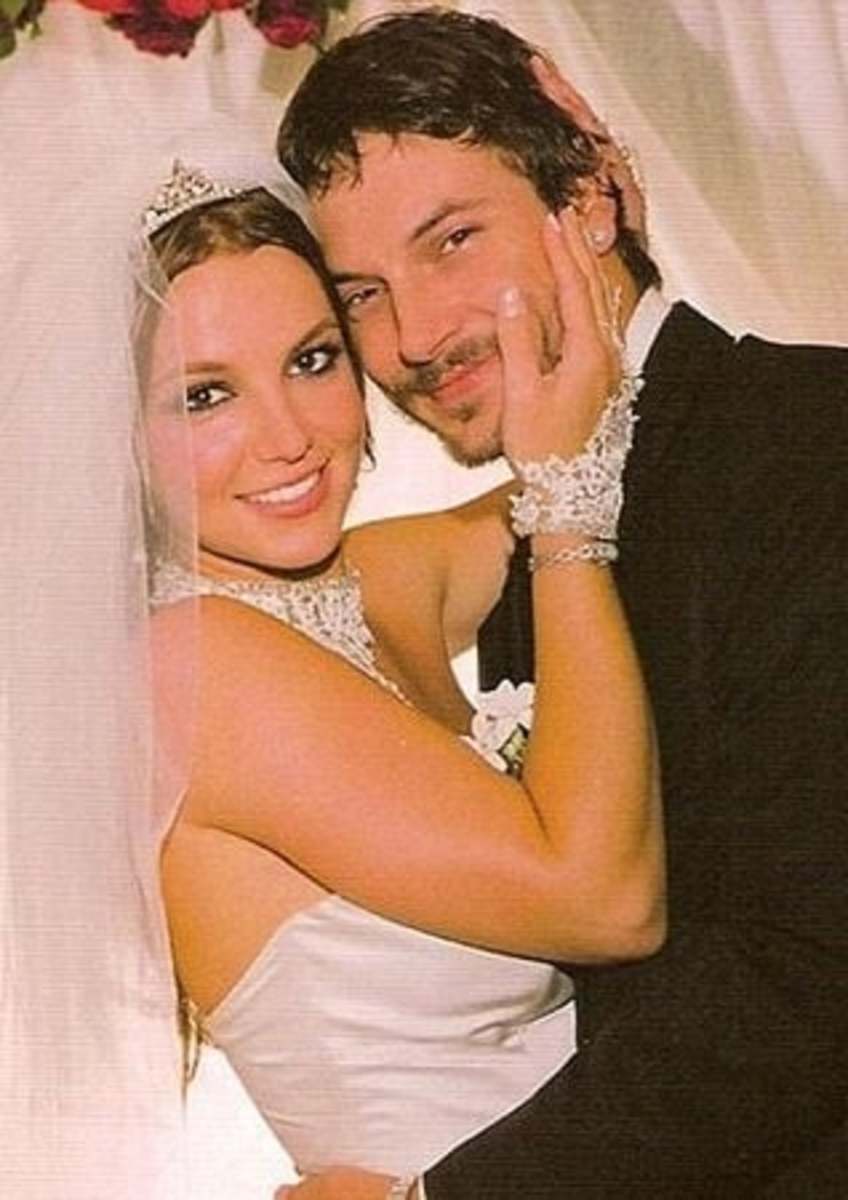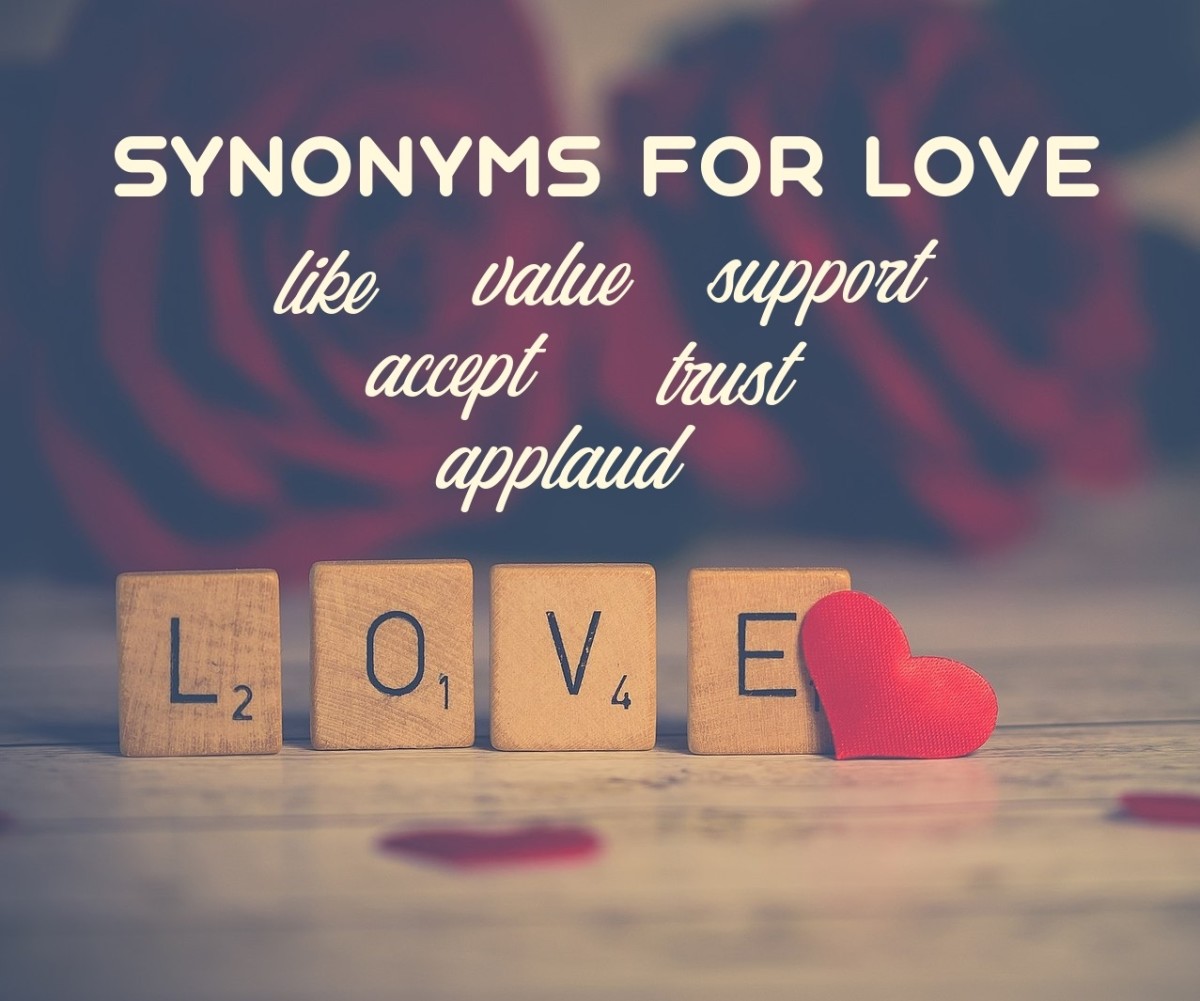Learn To Know Thyself: Lessons from Emerson and from the Wisdom of All Times
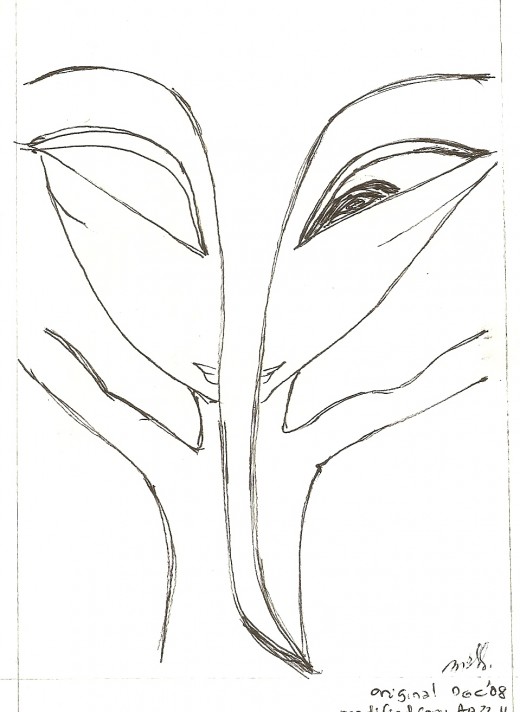
By Mirna Santana
“Wherever we go, whatever we do, self is the sole subject we study and learn” Emerson.
Know thyself is an expression that came to us from the wisdom of the years said the ancient Greeks. Socrates, Plato, as well as their contemporaries and predecessors referred to it. The expression seems to also come from a deep search for understanding that is ingrained in every human being.
The original expression has survived and new expressions with similar context appear to have derived from it. Deviations from the original expression may have affected its meaning though it seems that even from the beginning there were various interpretations and perspectives amongst its users. This expression may have arrived to you as: to achieve self-knowledge, to be self-reflective, to know oneself, to be introspective, to know yourself, to be conscious, or to know your whole self. Various psychologists, philosophers, metaphysical seekers and religious followers also refer to this expression. Some of them tied the expression to god, inner god, and the dualities and opposites in a being that complete the whole (e.g., female/male sides or its dark and its light.)
Spartacus said ‘’as long as we live we must remain true to ourselves.’’ Yet if we are ever changing entities, do we ever get to know ourselves? Do we learn who we really are?
We live to learn and learn to live. We live to grow into ourselves. We search for that what we are meant to be or the purpose of our lives. Diane Wakoski said that “learning to live what you are born with is the process, the involvement, the making of a life.” Marcel Proust also saw this knowledge as a process or journey. He said “we do not receive wisdom; we must discover it after a journey that no one can take for us or spare us.”
Learning to understand the ordinary and the great in us is part of knowing thyself said Thomas Moore a psychologist and disciple of Carl Jung. What Jung called shadows weaknesses, shortcomings, and instincts—along with the anima/animus were ways or paths into the understanding of the self.
Learning to know thyself is difficult and even disappointing yet it could be perhaps one of the most liberating experiences. Psychologist Isaac Rubin expressed the process in the following words: “ I must learn to love the fool in me the one who feels too much, talks too much, takes too many chances, win sometimes and loses often, lacks self-control, loves and hates, hurts and get hurt, promises and break promises, laugh and cries.”
We first discover the things that we aspire to, the things we reject, and even those aspects of us that we regret, by looking at the qualities of other people. Carl Jung said that “everything that irritates us about others can lead us to an understanding of ourselves.” It takes a while to realize our uniqueness and our ordinariness and even more time to learn to live with them. For just a few seems to have it all figure out from early in their lives.
In the Movie You have Got Mail, the character Joe Fox, portraited by Tom Hanks said "I met a man in an elevator today who knew exactly what he wanted. And I found myself wishing I were as lucky as he." I have met quite a few that seemed to have it all figured out since childhood. This is the case of biologist, Edward O. Wilson who was interested in ants as a child and made a career of it.
For other people knowing the self means listening to their own voice or instincts and to care less for what other people think. This may or may not be an extreme. Many great creators were known to have distanced themselves from society-- or were misunderstood by it. Vincent Van Gogh and T.S. Elliot are examples of these. In some cases the creative minds indeed sought to be away from the masses such as Thoreau when he wrote Walden. At times they were ashamed but they went on with their lives.
We must do the same. We need to keep going when times
are harsh. It helps to remember Dr. Seuss words, “be who you are and say what
you feel, because those who mind don't matter and those who matter don't mind.“ In reality one needs to be careful with words, yet those who mind will let you know if you cross invisible boundaries. George Bernard Shaw words
of wisdom also tell us to be ourselves “the more things a man is ashamed of, the more respectable he
is.” Yet everybody knew he did a lot. And you know why this is--because on the words of Einstein, those who have never make a mistake, have not lived.
Many of these people that leave us a legacy walked their ways alone--if that is our path we must accept it courageously. The prophet Khalil Gibran said ‘’knowledge of the self is the mother of all knowledge.” It means that perhaps that is the most priceless knowledge one shall pursue. We need to be responsible for our choices but carry no guilt—unless one have damage others. If we are content, we have the will to act accordingly. Darius Baranzadeh called this process of knowing yourself '' finding what makes the heart sing." Our task is perhaps to allow the person who we truly are to emerge and flow and be.
If there is something I wish for you and for me today—it is that we have the heart of a poet or a piece of Gilbran's who sought “ to keep away from the wisdom which does not cry, the philosophy which does not laugh and the greatness which does not bow before children.” I also wish that you and I never forget that all wars hurt innocent people; and that we were born with the same rights, and in the same planet.
“When morning earliest rays over spire and
roof-tree fall, gladly invite thy waking heart onto a festival of smiles and
love to all.—For good company have those who by themselves do walk…If they have
learned on blessed themes with their own souls to talk." I leave you here with these lines from the
poem Know Thyself by Mrs. Sigourney, for it was this poem that inspired me to talk to you about this topic. Have a
happy and safe journey!
© 2011 MSantana
